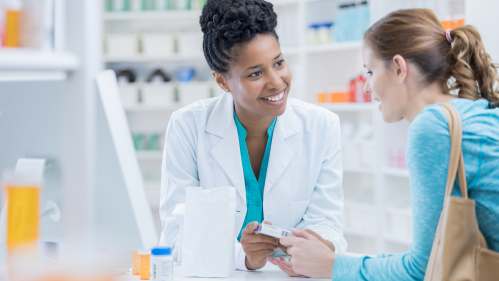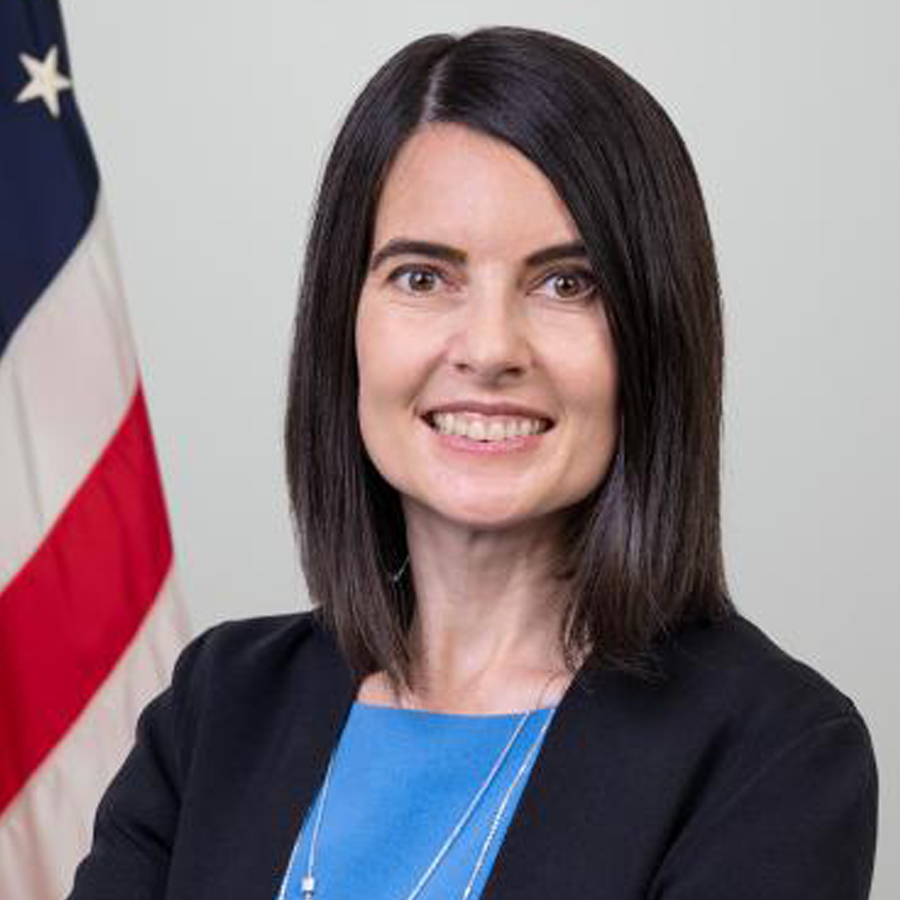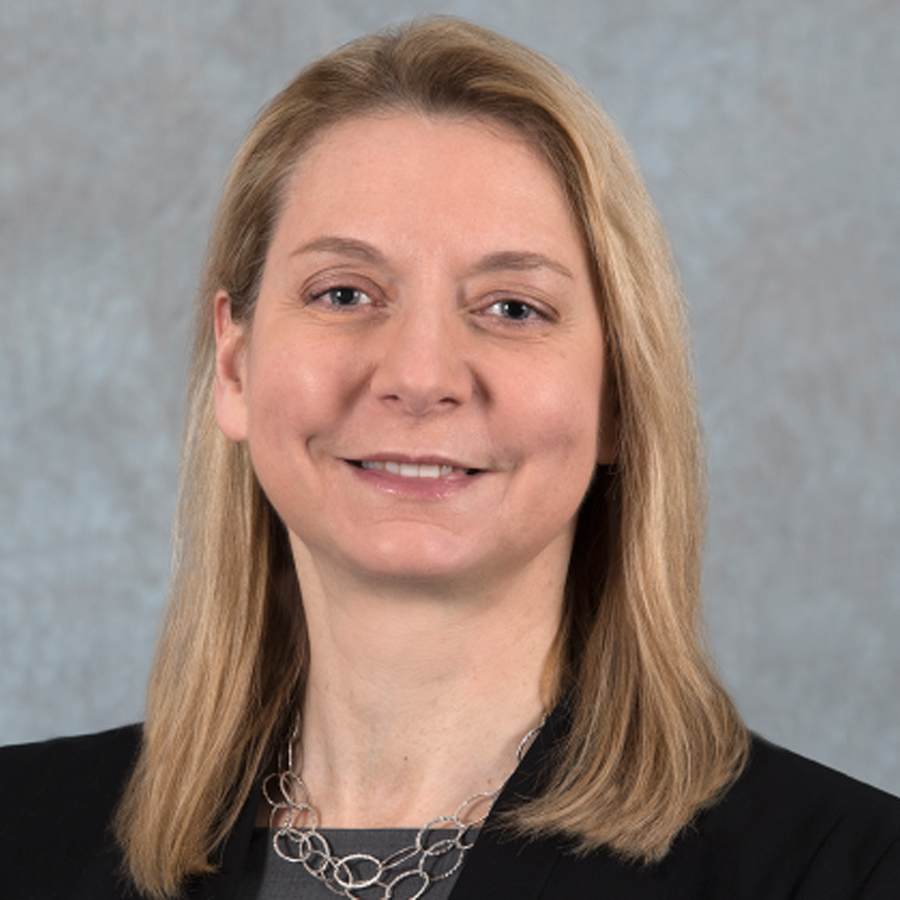A Milestone in Facilitating the Development of Safe and Effective Biosimilars

By: Sarah Yim, M.D., Director of the Office of New Drugs’ Office of Therapeutic Biologics and Biosimilars, Hilary Marston, M.D., M.P.H., Chief Medical Officer and Patrizia Cavazzoni, M.D., Director, Center for Drug Evaluation and Research
The Biologics Price Competition and Innovation Act of 2009 (BPCI Act) created a pathway for the U.S. Food and Drug Administration to approve biosimilars. A biosimilar is a biological product (biologic) that is highly similar to, and has no clinically meaningful differences from, an existing FDA-approved biologic (also called the reference product). Biologics are some of the most expensive treatments in the U.S., and approving biosimilars can enhance competition, drive down costs to health care systems, and increase patient access to biologic therapies.
This week, the FDA approved the 50th biosimilar, reflecting the markedly increased availability of biosimilar products—products that treat a wide range of chronic and severe illnesses, and which have already had an important impact on patient access. Biosimilars are now approved for 15 different reference biologics, and treat illnesses like rheumatoid arthritis, inflammatory bowel disease, some cancers, psoriasis, diabetes, macular degeneration, osteoporosis, and more.
According to a 2023 report by the Association of Accessible Medicines, FDA-approved biosimilars have saved the health care system $23.6 billion since the first biosimilar product was approved in 2015. Collectively, patients have used biosimilars for almost 700 million days of therapy, 344 million days of which patients received care they otherwise may not have received. The impact and potential of biosimilars are significant not only in terms of savings to the health care system, but also for health equity and helping improve patients’ access to medications that were previously beyond their reach.
A lot has gone on behind the scenes to reach this milestone, and the benefits for public health have been the FDA’s guiding light. Agency staff have worked to implement the biosimilar pathway by developing the necessary guidances that provide clarity and transparency to interested parties, and to keep pace with advances in science and technology supporting biological product development. Every approved biosimilar represents hundreds of hours of review, along with facility inspections of the work that biosimilar manufacturers put into ensuring that their testing and facilities meet the FDA’s high approval standards.
The 50th biosimilar approval milestone also reflects our strategic approach to biosimilars, as outlined in the FDA’s Biosimilars Action Plan (BAP), first released in 2018. The action plan is a framework to support innovation and competition for biological products. It contains four strategies:
- Enhancing the efficiency of the biosimilar product development and approval process.
- Maximizing scientific and regulatory clarity for the biosimilar product development community.
- Developing effective communications to improve understanding of biosimilars.
- Supporting market competition by reducing attempts to unfairly delay competition.
The progress and goals that the agency has accomplished in these areas are described in a newly released summary report of these activities. This summary serves as a progress report of the FDA’s accomplishments and highlights the biosimilar development activities completed in collaboration with various offices across the agency.
These strategies remain relevant as the biosimilar marketplace continues to grow. Accordingly, we are updating and re-releasing our Biosimilars Action Plan to reinforce our commitment to these important initiatives and to articulate our strategy to further expand biosimilar product availability and utilization.
The BAP is now web-based and easily updatable with completed deliverables in real-time. The updated action plan still contains four strategies that are similar to those articulated in the 2018 version. Within each goal, we have identified aims and specific deliverables that will promote biosimilar development, communication, clarity, and adoption.
The FDA is committed to the continued development and approval of high-quality, safe, and effective biosimilars and the increased access they can bring for patients who need biologic treatments. We celebrate the first 50 FDA-approved biosimilars, recognize the tremendous work that has gone into reaching that milestone, and look forward to the next 50 biosimilar approvals, for the benefit of patients nationwide.
For more information please visit:
FDA Biosimilars Website
FDA Biosimilars Consumer Update
Biosimilars Spotlight of CDER Science



